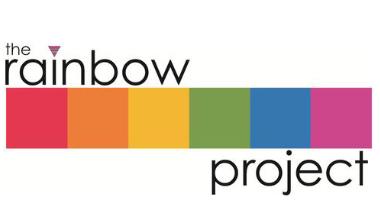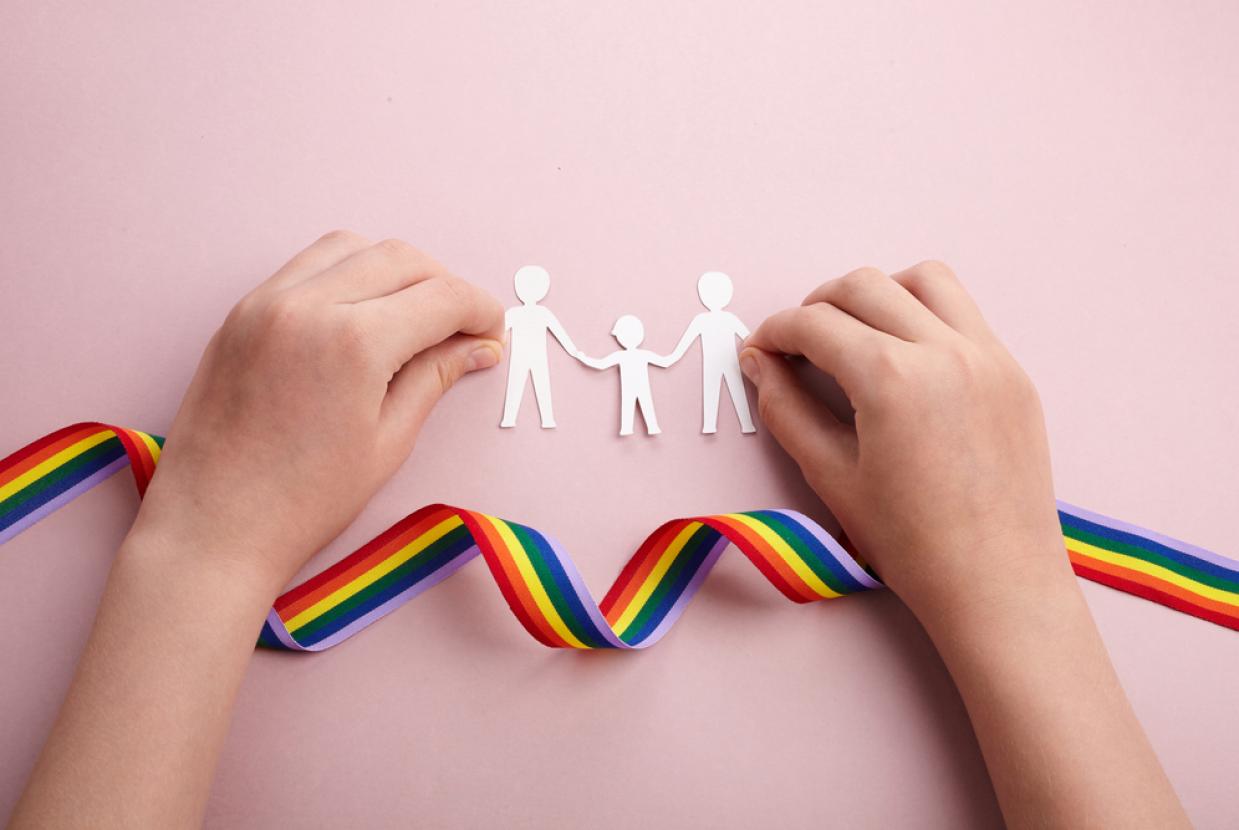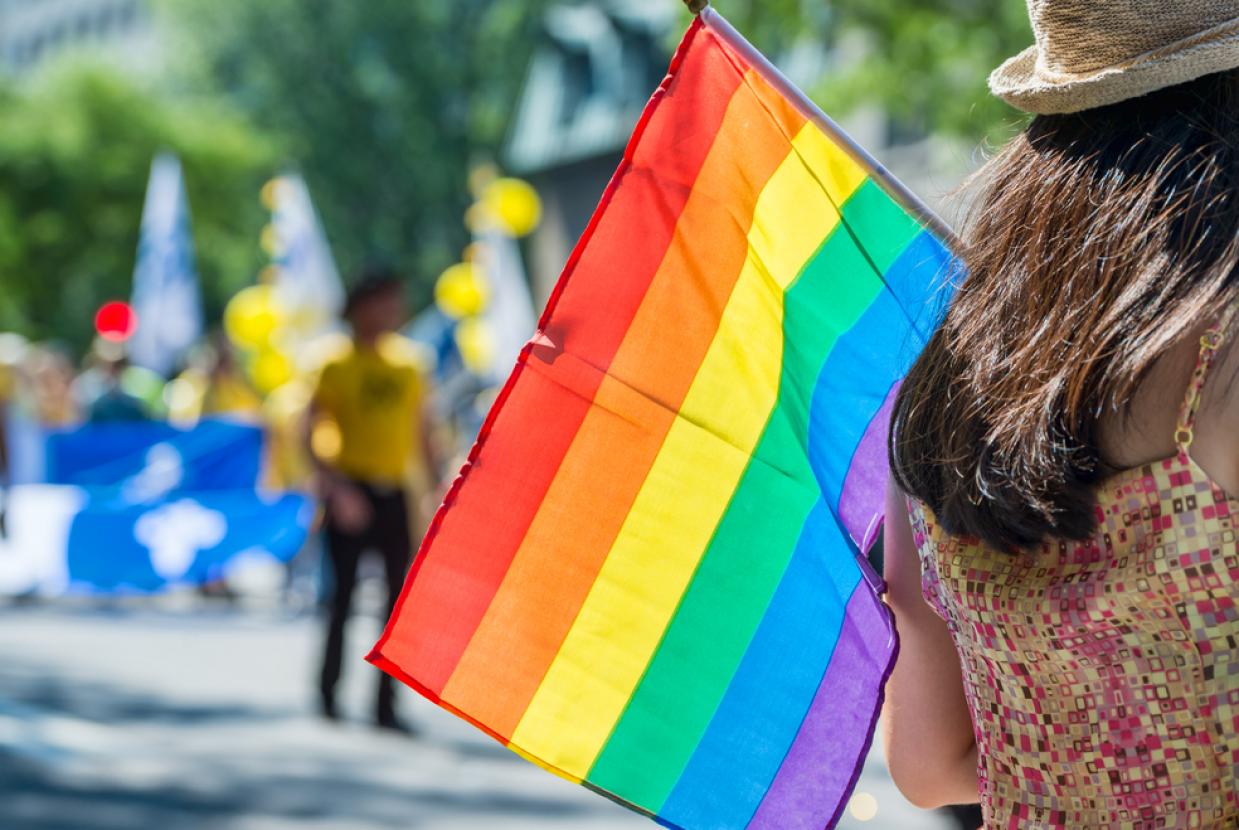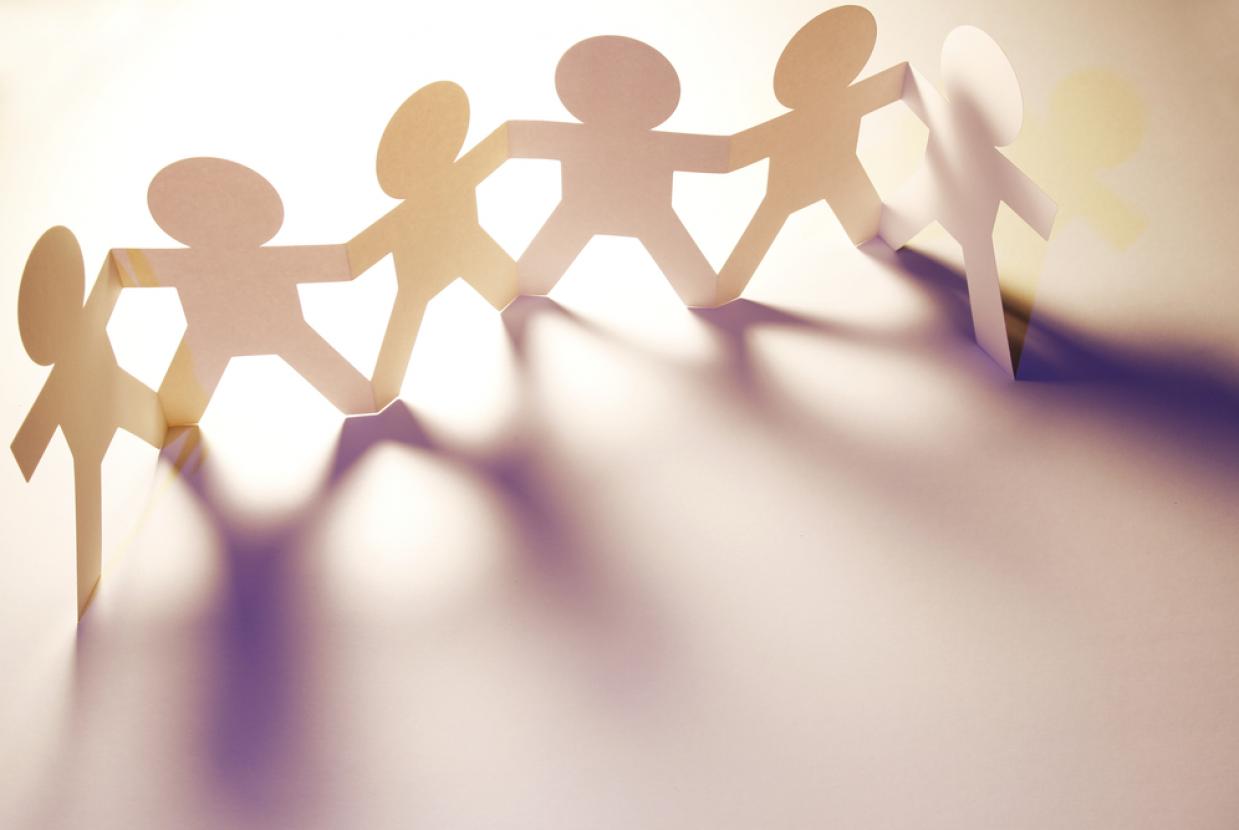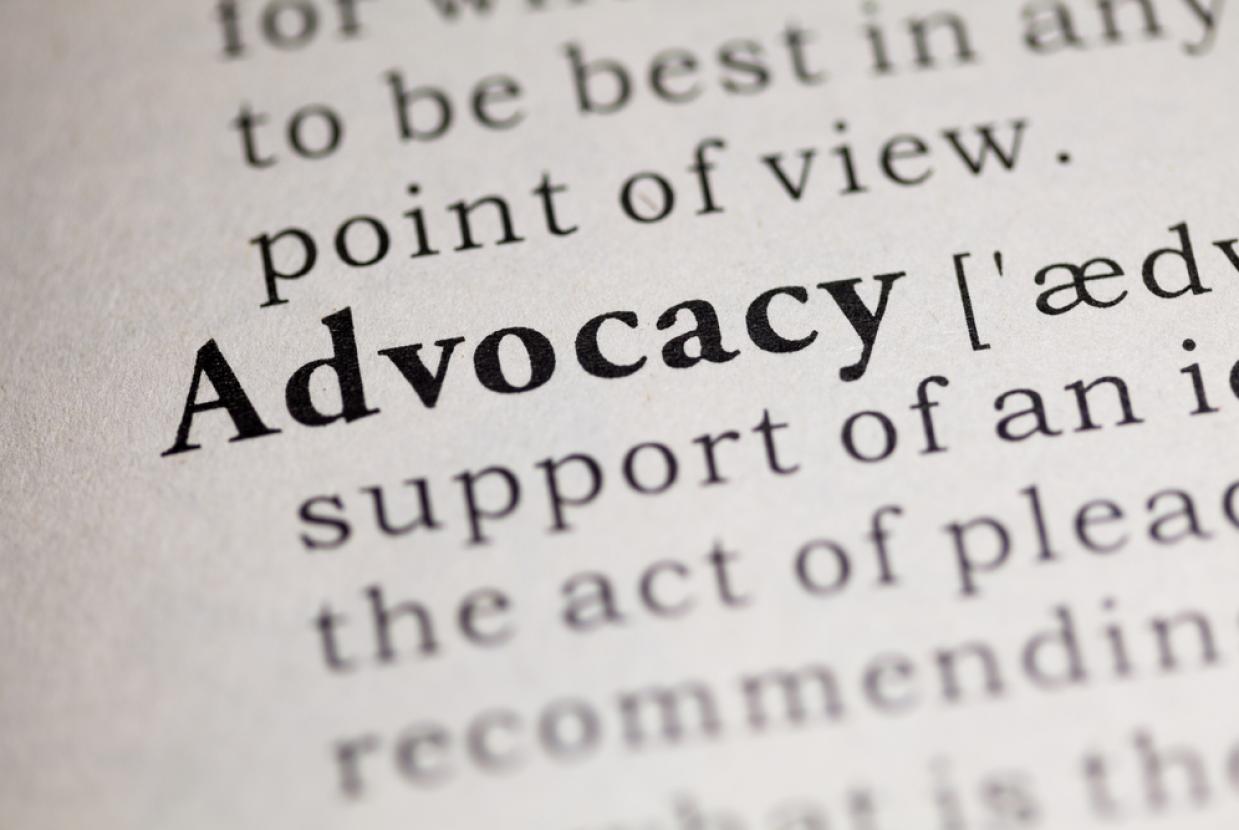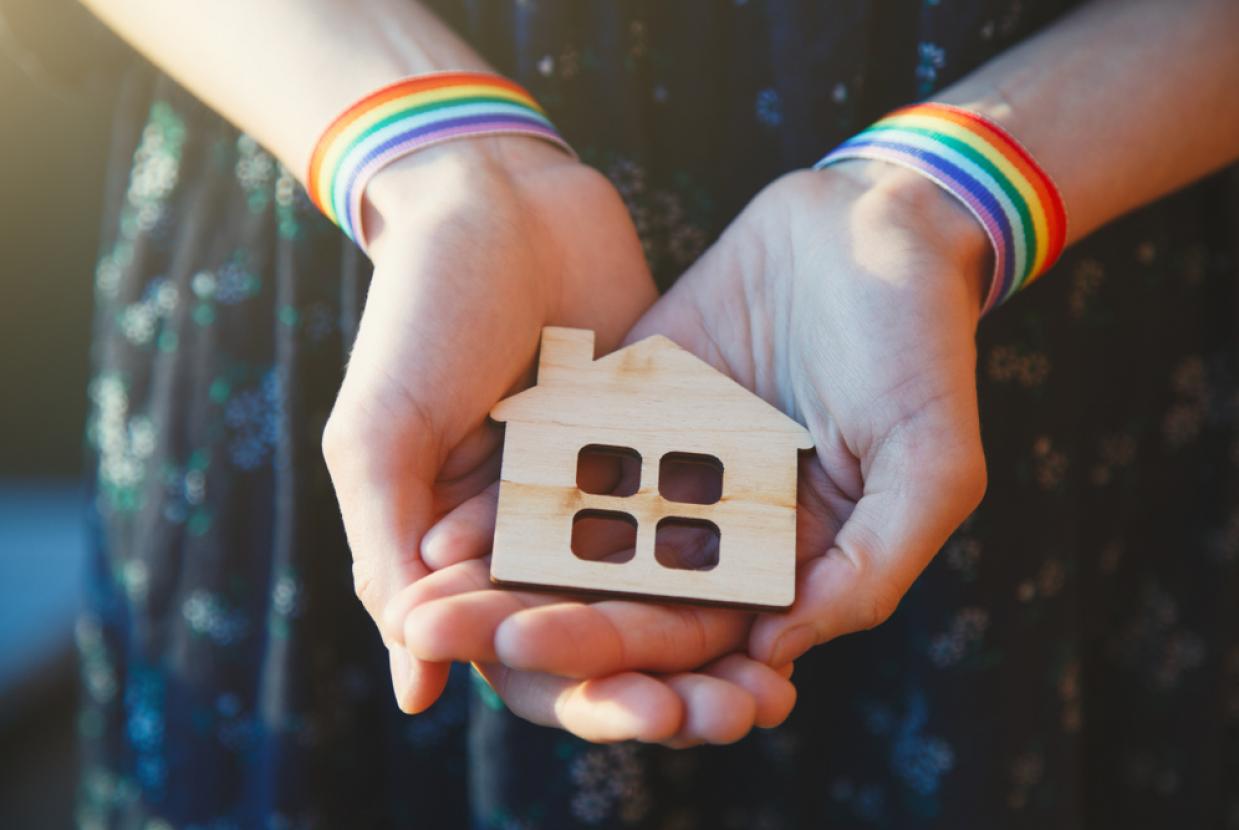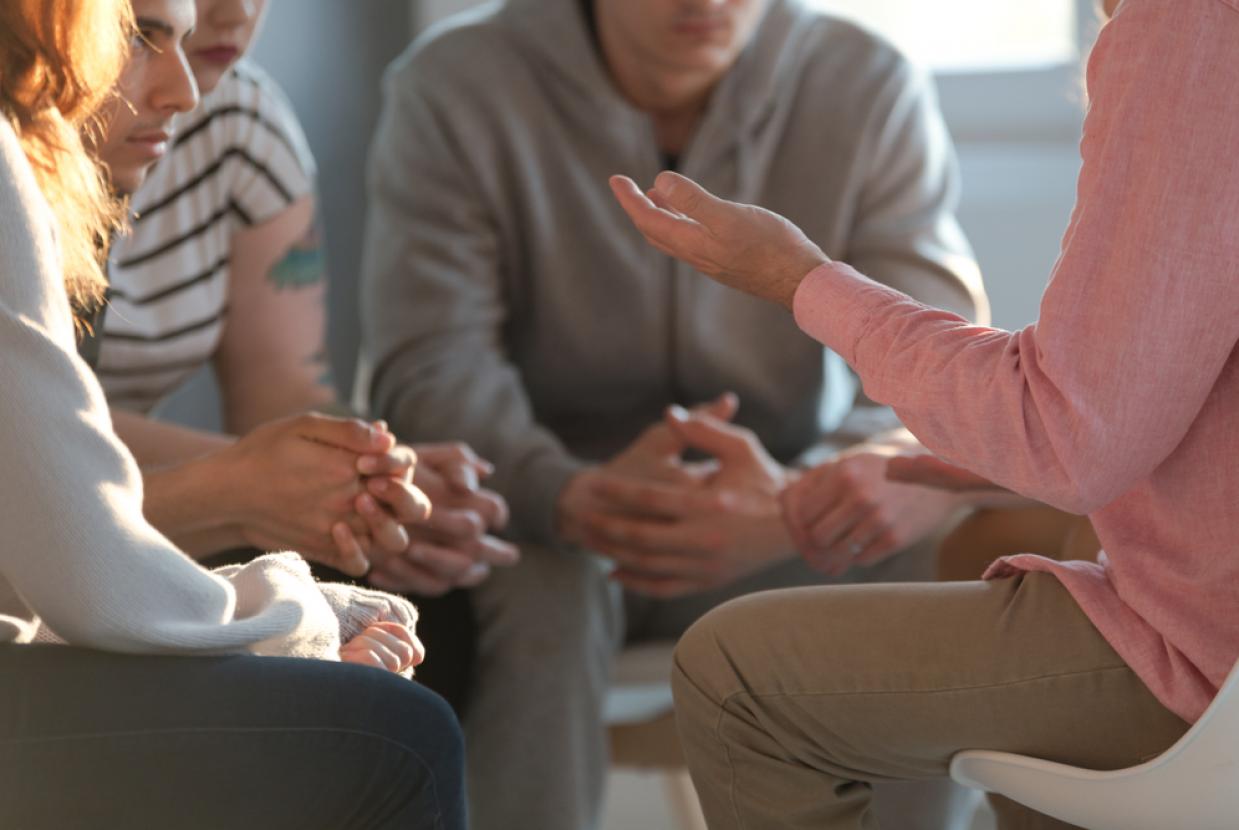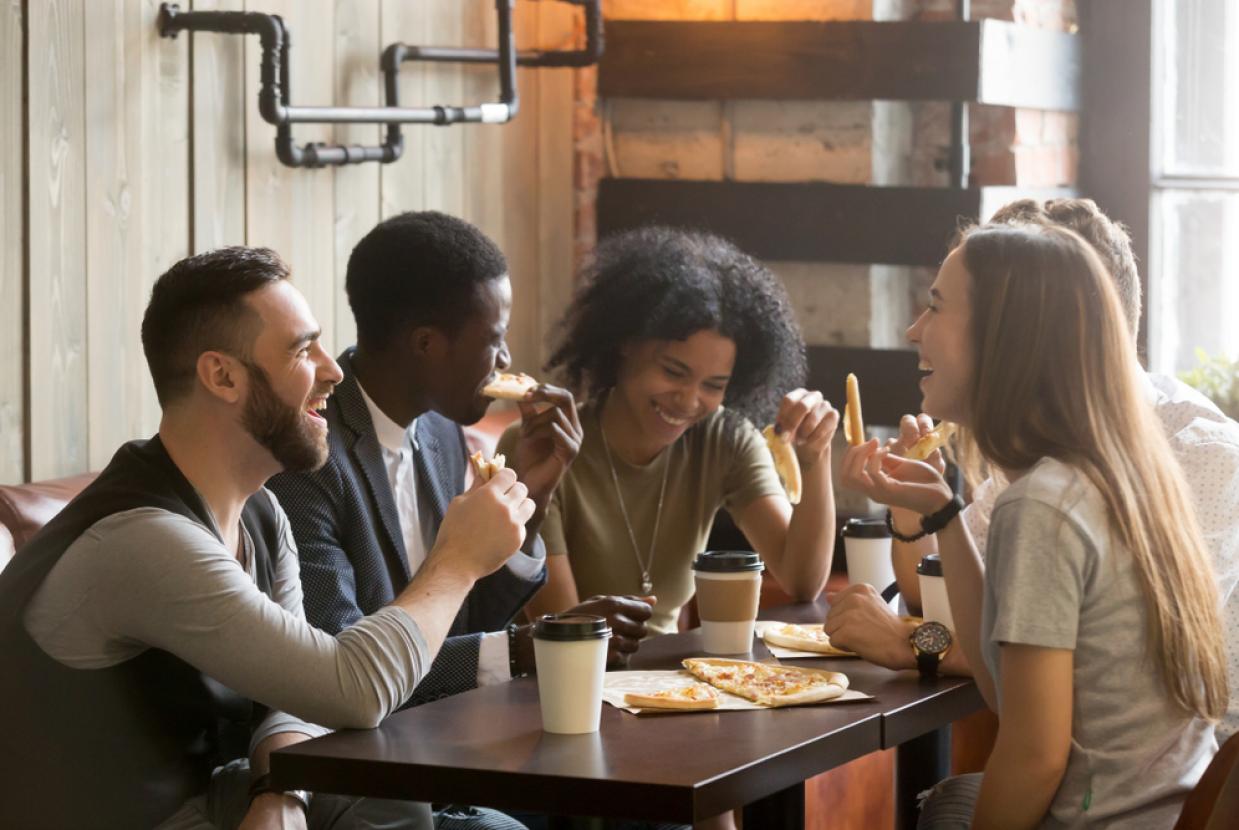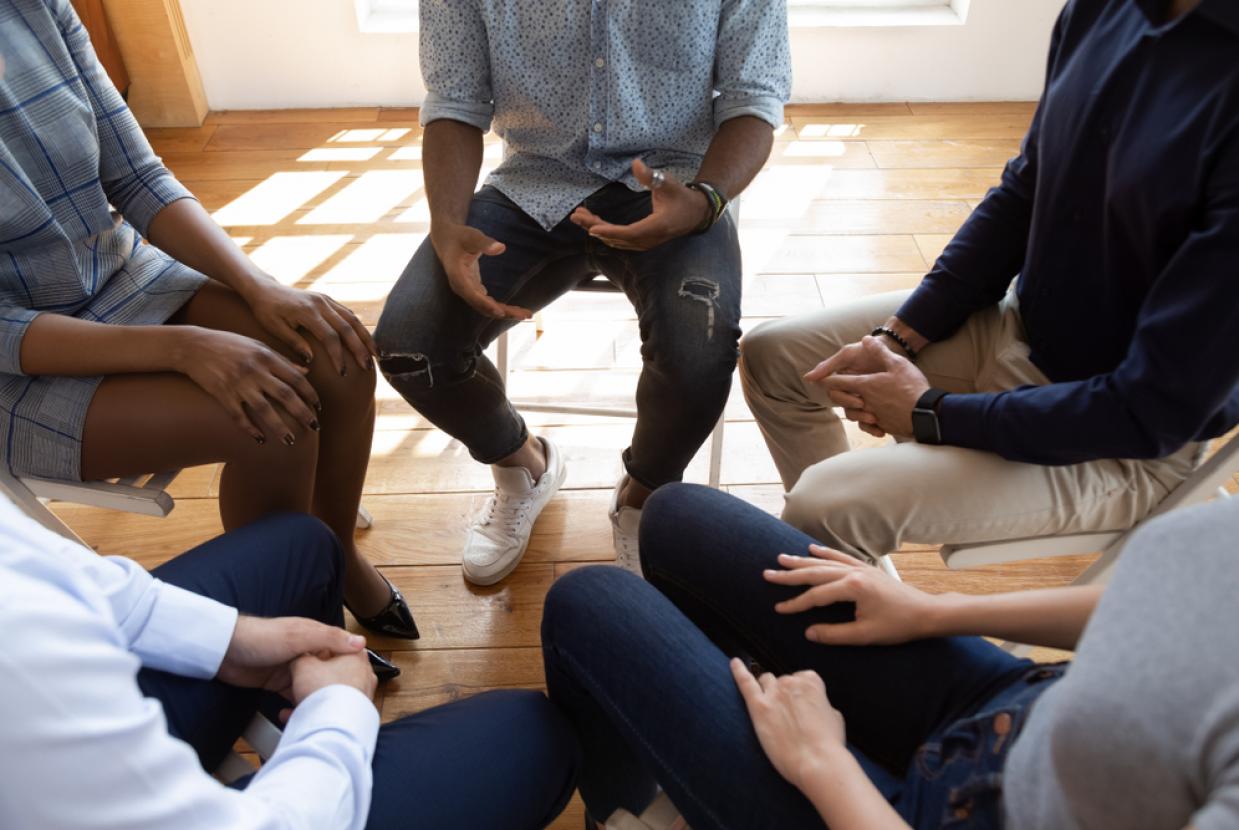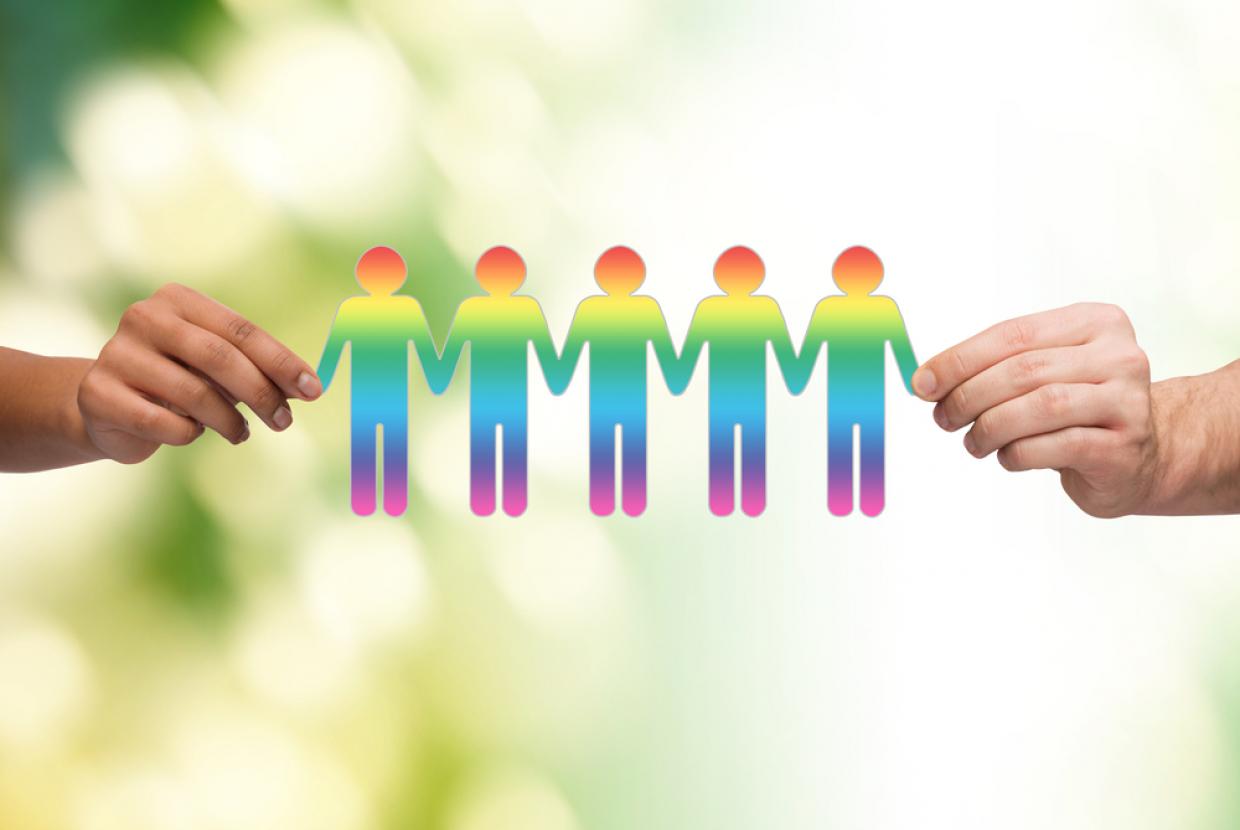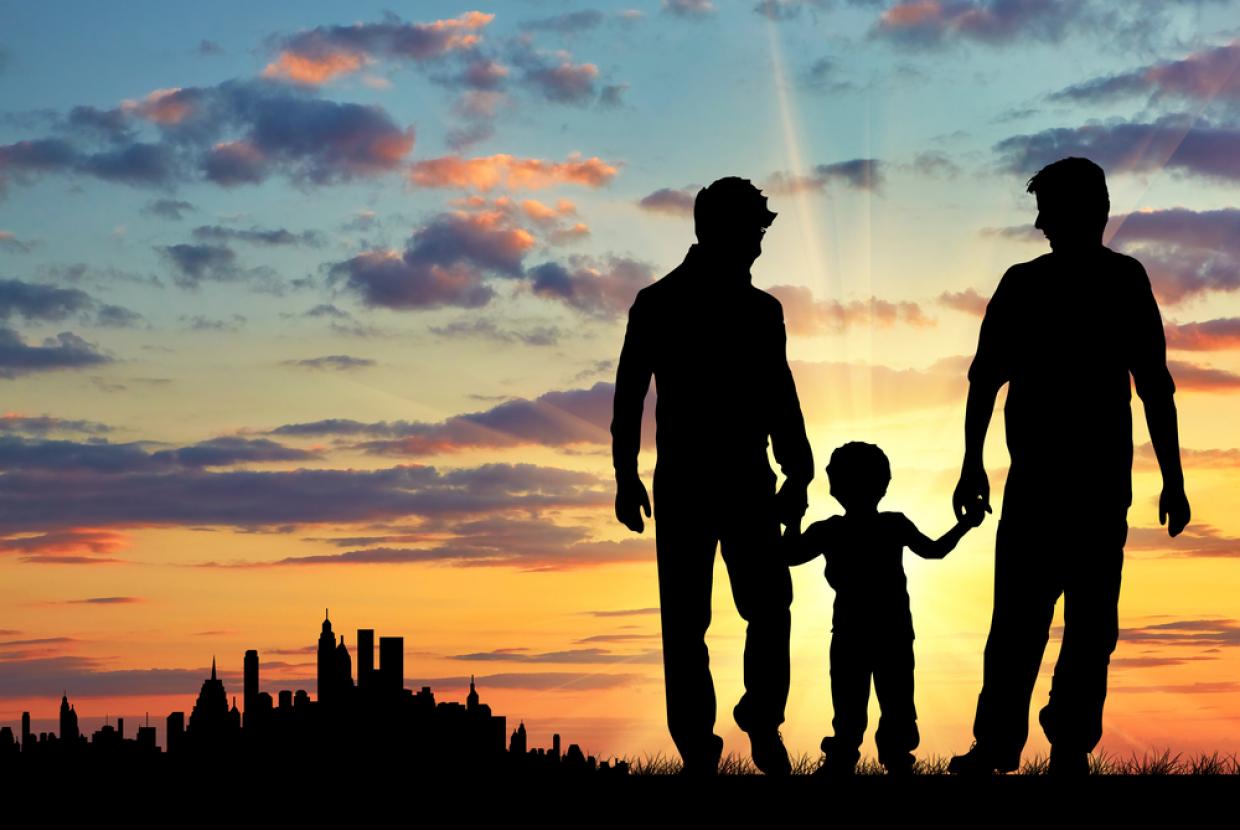Pronouns
Many people who have just started their journey try out different names, pronouns and gender expressions to figure out what fits best and makes them feel the most comfortable. Changing wardrobes and experimenting with different kinds of styles can also aid you along the way, both for helping you feel comfortable and for figuring out how you wish to present yourself to the world.
As with every other big life change, it’s important to take your time and figure out what feels good and what makes you feel comfortable and affirmed in your identity. There’s no rush to set a new name or pronouns in stone – for many trans or non-binary people, these things can fluctuate even later in transition!
What’s important is exploring what your gender means to you and how you wish to express that.
In English, whether we realize it or not, we frequently refer to using pronouns when speaking about other people. A pronoun is a word that refers to either the people talking (I or you) or someone or something that is being talked about (like she, it, them, and this) and the gendered pronouns (he/she/they/ze etc.) specifically refer to people that you are talking about.
We often used gendered pronouns such as “he” to refer to a man/boy or “she” to refer to a woman/girl – in fact, we even use these to describe inanimate objects such as cars.
People often make assumptions about the gender of another person based on their appearances or name. These assumptions aren’t always correct, and the act of assuming (even if correct) sends a potentially harmful message — that people have to look a certain way to demonstrate the gender that they are or are not.
Using someone’s correct personal pronouns is a way to respect them and create an inclusive environment, just as using a person’s name can be a way to respect them. Just as it can be offensive or even harassing to make up a nickname for someone and call them that nickname against their will, it can be offensive or harassing to guess at someone’s pronouns and refer to them using those pronouns if that is not how that person wants to be known.
Or, worse, actively choosing to ignore the pronouns someone has stated that they go by could imply the oppressive notion that intersex, transgender, nonbinary, and gender-nonconforming people do not or should not exist.
Those who are who’s questioning and figuring out their identity or just came out as trans, or have been out for a while – some will start their transition by changing their pronouns or their name and these may change over time. The most common pronouns are Female identifying – She/Her Male identifying He/Him and some will use gender-neutral They/Them.
Just like binary trans people, being non-binary does not always mean someone will change their Name, their Pronouns or even their gender presentation. There are no set rules for this, so if you/they don’t change these then that does not make them less Trans or Non-Binary or make their experience invalid.



